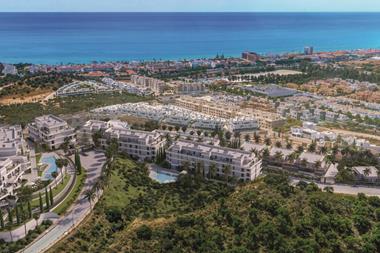The Global Real Estate Sustainability Benchmark (GRESB) has launched a benchmark for real estate development.
The new assessment is part of GRESB’s 2016 offerings on the sustainability performance of real assets.
Four assessments – the GRESB Real Estate Assessment, the GRESB Developer Assessment, the GRESB Debt Assessment and the GRESB Infrastructure Assessment – will form part of the body’s benchmarking.
GRESB launched a benchmark for infrastructure assets in September last year.
GRESB provides ESG data to institutional investors with more than $8trn (€7bn) in assets under management.
Assessment results and data are used by investors and others to understand the risk/return profile of real estate and infrastructure investments.
Nils Kok, chief executive at GRESB, said: “Investors today are looking for companies with a high ESG performance and GRESB rating.
“In fact, from what we’ve seen, companies with GRESB ratings have higher valuations and a larger pool of interested investors.
“GRESB’s goal is to provide investors with the ESG information they need to make more informed investment decisions.”
The adoption of the UN Sustainable Development Goals in 2015, with a strong focus on real estate and infrastructure – and the COP 21 agreement to curb greenhouse gas emissions – bring increased attention to real assets, Kok said.
“Investors increasingly need to know the extent to which their allocation to real assets is either contributing to or mitigating greenhouse gas emissions,” he said.









